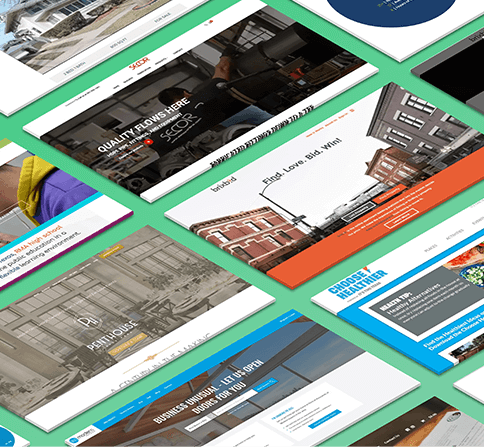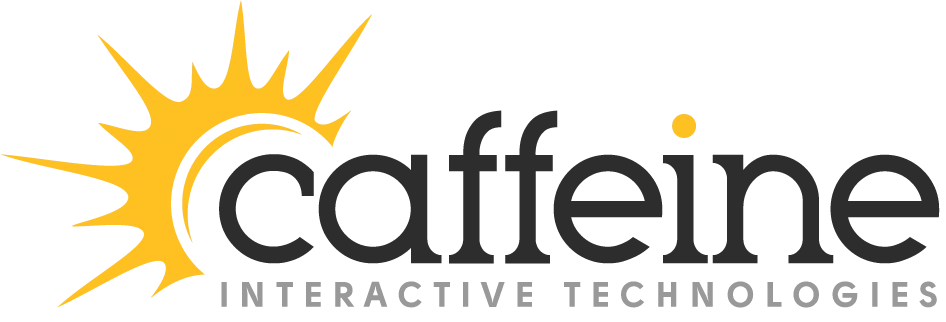In an era where technology evolves at an unprecedented pace, the task of updating and porting software applications is not just necessary; it’s a race against obsolescence. At Caffeine Interactive, we’re not just participants in this race; we’re aiming to lead it, employing cutting-edge AI to port a mobile app from AngularJS and Cordova to React Native. This project is not just about keeping up with technological advancements but making a leap into the future of app development.
From Silicon to Software: A Personal Journey
My journey in the tech industry began in the semiconductor sector, where I spent over a decade automating workflows for Integrated Circuit (IC) Design Engineers at an Austin-based semiconductor company. We were a fabless entity, relying on third-party foundries across Asia, like TSMC, for chip fabrication. The process of porting designs between these foundries was intricate, driven by various factors such as capacity, cost, and manufacturing yield. This experience laid the foundation for my understanding of porting’s complexities and its critical role in technology.
Fast forward to today, and the challenge of porting has taken on a new form at Caffeine Interactive. We’re tasked with migrating a mobile app developed ten years ago from AngularJS and Cordova to React Native. The aim? To harness the efficiency, performance, and cross-platform capabilities of modern technology. But this time, we have a new ally: AI.
AI to the Rescue
The decision to employ AI in this porting project was inspired by a blend of necessity and vision. Initially, we planned a manual transition, but we quickly recognized the potential of AI to streamline the process. By leveraging tools like ChatGPT, Gemini, and Microsoft Copilot, we’re not just porting an application; we’re redefining how such transitions are approached.
Our process begins with ChatGPT, where we input large chunks of the original code, receiving in return a React Native version. This initial conversion is then refined and polished with Microsoft Copilot’s assistance, ensuring the code not only functions but thrives in its new environment. Meanwhile, Gemini’s capabilities are tapped for specific, nuanced tasks within the project.
We expect this process will evolve as we get deeper into the project.
Anticipated Challenges and Solutions
While AI significantly eases the transition, it’s not a silver bullet. Certain elements, like the web UI, require a hands-on approach to ensure optimal integration and functionality. These manual interventions are not setbacks but opportunities to blend the best of both worlds: AI’s efficiency with our own human creativity and insight.
Looking Ahead
This project at Caffeine Interactive is more than a technical endeavor; it’s a testament to how far we’ve come and where we’re headed. By documenting and sharing this journey, we hope to inspire others to explore the potential of AI in software development, making daunting tasks like porting not just manageable but pioneering ventures into the future of technology.
Feel free to follow along! We’ll be posting more updates here on our blog as well as social media like LinkedIn.
Innovate. Automate. Caffeinate.
Let’s innovate and automate together. Reach out to Dustin DeVries, Caffeine’s CTO and co-founder for a free consultation to see how our team can complement your team.
- Phone: (512) 387-5793
- Email: info@caffeineinteractive.com
- Web: https://caffeineinteractive.com/contact/

